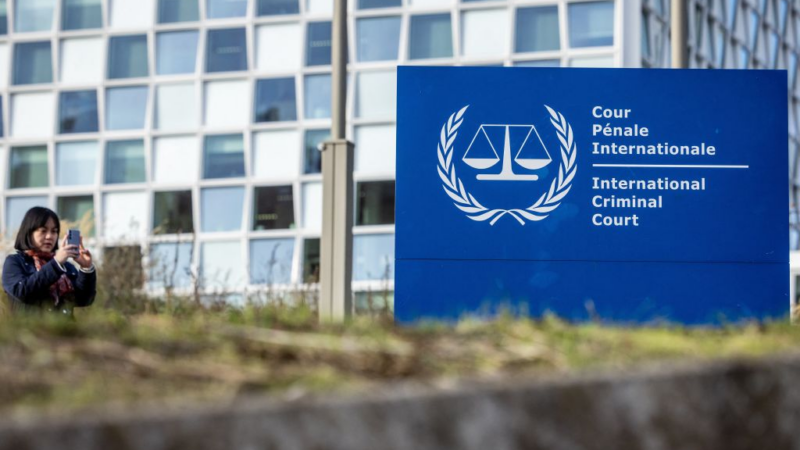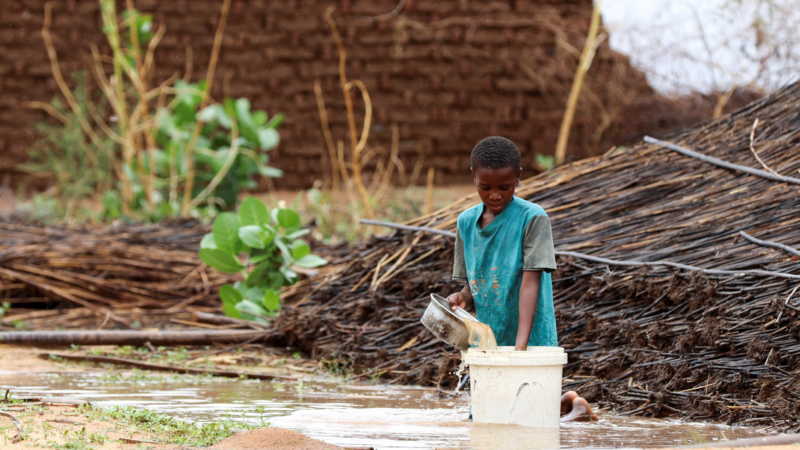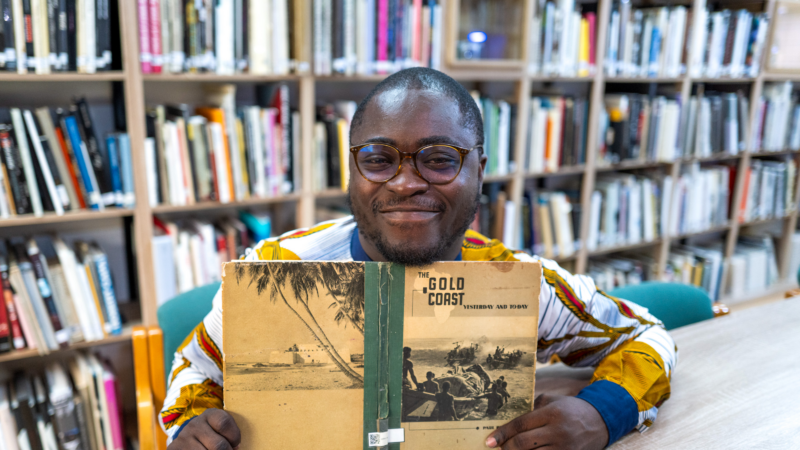What is the ICC and can it really arrest Israeli Prime Minister Benjamin Netanyahu?
The International Criminal Court has issued arrest warrants for Israeli Prime Minister Benjamin Netanyahu for alleged war crimes and crimes against humanity in the Gaza Strip. Warrants have also been issued for Yoav Gallant, Israel’s former defense minister, and Muhammad Deif, Hamas’ military chief, whom Israel says it killed in August.
ICC chief prosecutor Karim Kahn requested the arrest warrants in May.
Israel is contesting the allegations against Netanyahu and Gallant, which include “the war crime of starvation as a method of warfare; and the crimes against humanity of murder, persecution, and other inhumane acts.”
Here is what the warrants mean and what could happen next.
What is the ICC?
Located in The Hague, Netherlands, the ICC was established July 17, 1998, under the Rome Statute, an international treaty, and came into force in July 2002.
The creation of the ICC grew out of the need for a permanent international court to handle crimes during acts of war, according to the court. It aims to help “end impunity for the perpetrators of the most serious crimes of concern to the international community.”
Thirty-two cases have gone before the court, which consists of 18 judges that are each from a different country, are elected by the member states and serve 9-year, nonrenewable terms.
Its judges have issued 59 arrest warrants, including those for Netanyahu, Gallant and Deif, the ICC says.
In March 2023, the ICC issued an arrest warrant for Russian President Vladimir Putin for alleged war crimes in his war against Ukraine. Arrest warrants were also issued for then-Libyan leader Moammar Gadhafi along with his son Seif al-Islam Gadhafi and intelligence chief Abdullah al-Sanoussi in 2011.
Twenty-one people have appeared before the ICC and were held at its detention center. ICC judges have delivered 11 convictions and 4 acquittals, according to the court. Charges against seven people have dropped because of their deaths and 30 people are at-large, the ICC says.
The court focuses on four types of crimes
The court has international jurisdiction over four types of crimes: crimes against humanity, genocide, crimes of aggression and war crimes.
The court does not have its own policing body and relies on other countries for support in “making arrests, transferring arrested persons to the ICC detention centre in The Hague, freezing suspects’ assets, and enforcing sentences,” the ICC notes.
Under the Rome Statue, ICC member states are obligated to arrest a person who is in their territory and subject to an arrest warrant.
The ICC has 124 state parties, including 33 from Africa, 19 from Eastern Europe and 25 from Western Europe and others such as Canada. The United States is not a state party and neither is Israel.
Russia and Ukraine are also not members of the ICC, and Putin has not been arrested.
What happens next? Will Netanyahu be arrested?
The ICC arrest warrants are a significant move by the international court in seeking the arrest of a world leader.
“They send a very strong signal against impunity and a very strong signal to all sides to comply with international humanitarian law, international criminal law and to, above all, protect the rights and safety of civilians,” David Scheffer, former ambassador-at-large for war crimes issues during the Clinton administration and a senior fellow at the Council on Foreign Relations, previously told NPR.
Now that arrest warrants have been issued, it is up to the ICC’s state parties to enforce the warrants, make the arrests if Netanyahu or others come to their country, and transfer them to the ICC for detention.
Netanyahu and Gallant could “travel to a whole host of Middle East countries without fear of arrest because they’re not party to the Rome Statute,” Scheffer said.
Egypt and Saudi Arabia, for instance, are not members of the ICC.
“Only Jordan is within their neighborhood. And so they have that flexibility still to maneuver diplomatically,” Scheffer said about the Israeli politicians.
If Netanyahu and others do not appear before the ICC or are not arrested, the court says “legal submissions can be made, but hearings cannot begin.”
While it is unlikely that Netanyahu and Gallant would turn themselves in or be arrested, if either event were to occur, they would go through the court’s legal process and potentially be sentenced.
Two US Navy pilots shot down over Red Sea in apparent ‘friendly fire’ incident
Two U.S. Navy pilots were shot down Sunday over the Red Sea by apparent "friendly fire", the most serious incident to threaten troops in over a year of America targeting Yemen's Houthi rebels.
Party City files for bankruptcy and plans to shutter nationwide
Party City was once unmatched in its vast selection of affordable celebration goods. But over the years, competition stacked up at Walmart, Target, Spirit Halloween, and especially Amazon.
Sudan’s biggest refugee camp was already struck with famine. Now it’s being shelled
The siege, blamed on the Rapid Support Forces, has sparked a new humanitarian catastrophe and marks an alarming turning point in the Darfur region, already overrun by violence.
FDA approves weight loss drug Zepbound to treat obstructive sleep apnea
The FDA said studies have shown that by aiding weight loss, Zepbound improves sleep apnea symptoms in some patients.
Netflix is dreaming of a glitch-free Christmas with 2 major NFL games set
It comes weeks after Netflix's attempt to broadcast live boxing between Jake Paul and Mike Tyson was rife with technical glitches.
Big dreams: He’s the founder of a leading African photobook library
Paul Ninson had an old-school, newfangled dream: a modern library devoted to photobooks showing life on the continent. He maxed out his credit cards, injured his back — and made it happen.







